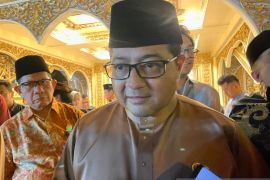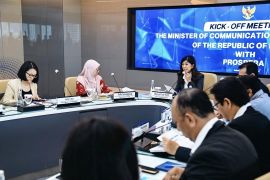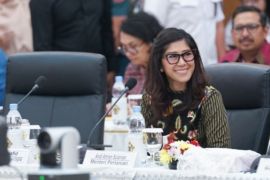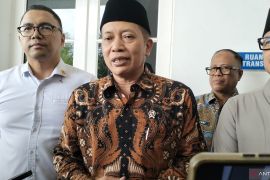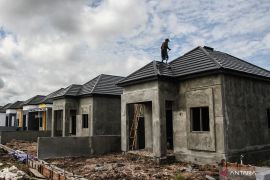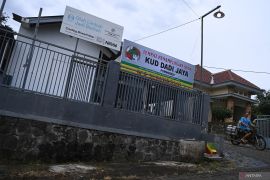"Other emerging economies include Brazil, China, India, South Korea, and Russia, and as economic power shifts, these countries will help drive growth in lower income countries through more commercial and financial transactions," said the report which was first released on May 17, 2011 in Washington D.C.
International trade in general is expected to rise significantly for emerging economies by 2025. For example, the value of Indonesia`s exports is likely to double between 2010 and 2025. The value of its imports is expected to be more than one-and-a-half times higher by 2025.
Over the same period, global trade - as a contribution to global output - is expected to go up from 49.9 percent to 53.6 percent.
With a growing middle class in developing countries, consumption trends are likely to strengthen, and eventually become a source of sustained global growth.
However, in adapting to its new global role, Indonesia - along with countries like China, India and Russia - must still do more to strengthen its domestic institutions in the economic, financial and social sectors.
"Indonesia has one of the fastest growing middle classes among its emerging peers, expanding at a rate of up to 7 million people a year," says World Bank Country Director for Indonesia, Stefan Koeberle, referring to the number of people entering the lower-middle income group annually since 2004.
"Focusing its policies on reforming key institutions, achieving good governance and boosting the skills of its labor force are all key to helping Indonesia settle into its new role on the global stage," he added.
The international monetary system will likely no longer be dominated by a single currency, according to the report which was posted on the official website of the World Bank Indonesia, Wednesday.
"Global Development Horizons 2011-Multipolarity: The New Global Economy" projects that these emerging economies will grow on average by 4.7 percent a year between 2011 and 2025.
Advanced economies, on the other hand, are forecast to grow by only 2.3 percent over the same period, but will remain prominent in the global economy.
"The projected changes in the global economy are likely to be positive for developing countries. However, a key question is whether existing multilateral norms and institutions can accommodate the passage toward multipolarity," said Mansoor Dailami, lead author of the report and manager of emerging trends at the World Bank.
"In managing global integration, strengthening policy coordination across power centers becomes critical to reducing the risks of economic instability," he said.(*)
HAJM/F001
Editor: Jafar M Sidik
Copyright © ANTARA 2011


